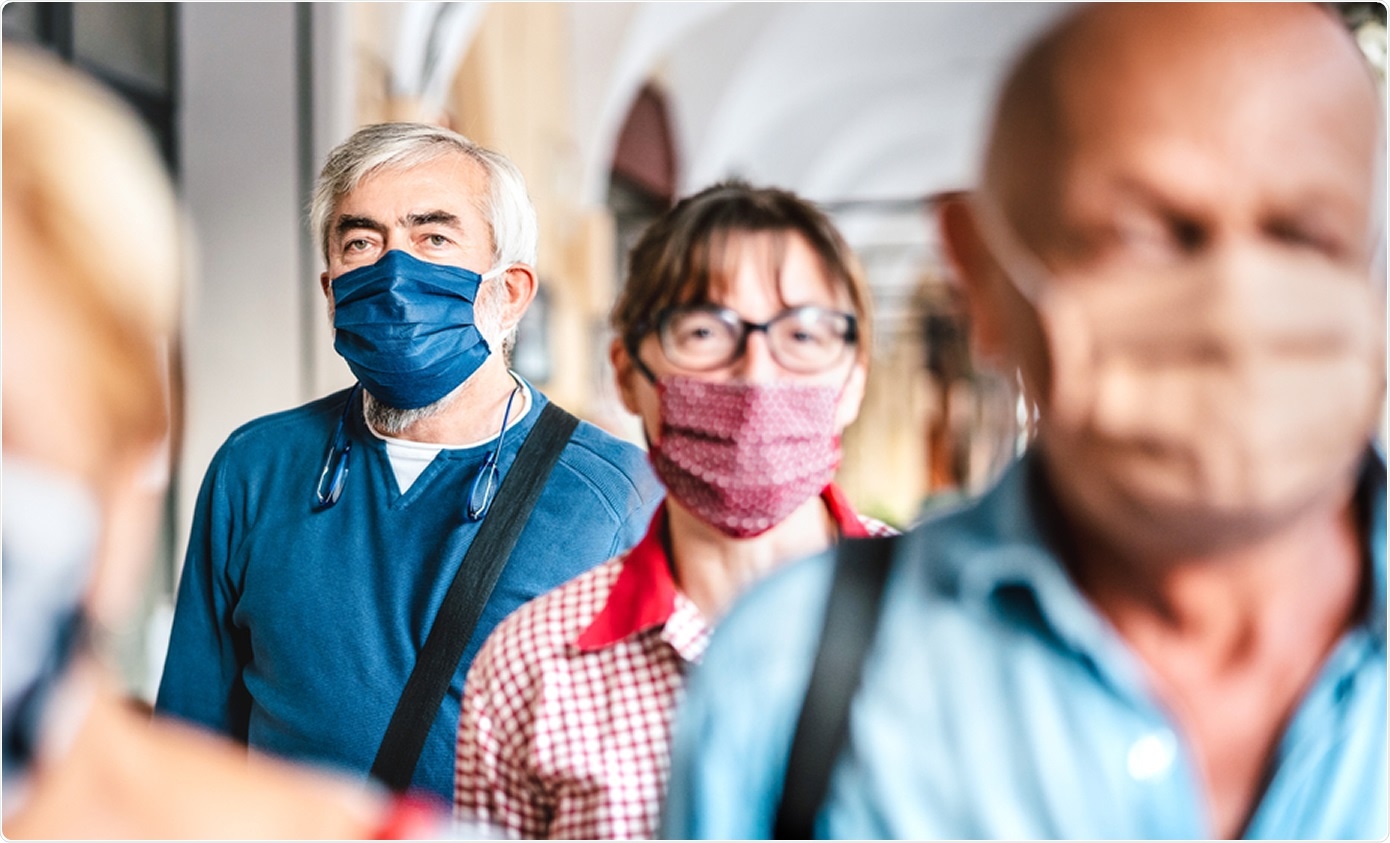A high risk of transmission of the severe acute respiratory syndrome coronavirus-2 (SARS-CoV-2), the causative agent of the coronavirus disease 2019 (COVID-19) pandemic, is associated with international travel.
Several countries have implemented varying travel restrictions to contain the further spread of COVID-19. However, despite such restrictions, a surge in cases across countries and continents has been reported.
Most countries are following strict lockdown restrictions that have caused the most significant recession in history and caused a significant setback in socio-economic development, especially for low and middle-income countries.
Even though rapid mass vaccination is an effective measure to contain the pandemic, the continual emergence of the SARS-CoV-2 variants has posed a threat to the efficacy of the approved vaccines. Hence, scientists believe educating the general public with genuine knowledge can prevent further disease transmission across the world in this uncertain scenario.

England’s travel policies to curb further spread of COVID-19
When COVID-19 was first reported in the UK, officials focused on reducing the risk of travel-associated spread by controlling the ports of entry. Since late January 2020, Public Health England (PHE) had set up the Airport Public Health Monitoring Operations Centre, whose primary function was to monitor passengers traveling from affected countries to England. The UK officials encouraged all international travelers to report if they were experiencing any COVID-19 infection-like symptoms. They also circulated leaflets containing public health advice to the travelers coming from affected countries into England. These were also displayed as posters at the airports.
Extensive travel restrictions were implemented in March, which prohibited UK residents from traveling abroad unless they had a valid reason to do so. The travelers returning to the UK required quarantining themselves for two weeks. The commencement of vaccination programs in many countries, including the UK, has prompted the officials to make new rules for international travel. As the national economy is dependent on tourism, officials faced considerable pressure from the travel industry.
Did the information provided to travelers have an impact on COVID-19 transmission?
Scientists believe that a review of previous analysis of the impact of public health information on international passengers’ could help officials facilitate safer international travel.
A new study published on the medRxiv* preprint server evaluated individual risk assessment, decision making, and tendency to comply with travel rules among travelers arriving in the UK by air. This study included passengers who opposed potentially unfamiliar public health information.
The same group of researchers had previously evaluated the effectiveness of the COVID-19 related communications materials provided to international travelers during the early stage of the pandemic. The authors of this study conducted semi-structured interviews to understand risk assessment processes among travelers. These interviews helped the researchers to evaluate decision-making and adherence to official PHE advice among travelers. The findings of this research could help develop better public health guidance to benefit future international travelers.
Main results
The present study included participants aged 20 to 80 yrs. Among the total of 15 participants, five were male, and ten were female. Additionally, ten of the participants were permanent residents in the UK, while five were visitors or temporary residents. Most of the participants could read and speak English fluently. Among all the participants, one reported symptoms of COVID-19.
Researchers found that all the participants regarded official advice as adequate at the time of travel; however, they observed a disparity between the intervention measures implemented in the countries of departure. Based on the travel experience on arrival, 12 out of 15 candidates could not recall seeing COVID-19 related posters and leaflet stands at the airport.
The researchers found that the issue of these posters and leaflets was visibility in terms of print size, color, and placement. In addition, the passengers perceived more information had been provided by media or at the airport in their departure country than the arrival airport (Heathrow, London).
The passengers also highlighted that they proactively acquired information associated with the COVID-19 situation in the UK and how they can protect themselves and their families. However, participants also indicated the lack of advice regarding if they had contracted the disease; such concerns were found to be more among the non-resident participants.
Further, some passengers also emphasized their concern that airport staff did not wear face coverings and speculated that it might be due to policy differences. Some passengers also shared their reluctance to wear face coverings as they feel it has no relevant effectiveness.
Limitations
One of the limitations of this study is the small sample size. Another limitation is that all the participants had traveled abroad for essential business or reasonable needs. Hence, these findings could not be generalized for travelers for leisure purposes. However, the authors of this study feel that their research findings would help develop effective guidelines for future international travelers.
*Important Notice
medRxiv publishes preliminary scientific reports that are not peer-reviewed and, therefore, should not be regarded as conclusive, guide clinical practice/health-related behavior, or treated as established information.
- Cai, S. et al. (2021). Learning about COVID-19 across borders: Public health information and adherence among international travellers to the UK; doi: https://doi.org/10.1101/2021.08.04.21261333, https://www.medrxiv.org/content/10.1101/2021.08.04.21261333v1
Posted in: Medical Research News | Disease/Infection News
Tags: Coronavirus, Coronavirus Disease COVID-19, Efficacy, Pandemic, Public Health, Research, Respiratory, SARS, SARS-CoV-2, Severe Acute Respiratory, Severe Acute Respiratory Syndrome, Syndrome

Written by
Dr. Priyom Bose
Priyom holds a Ph.D. in Plant Biology and Biotechnology from the University of Madras, India. She is an active researcher and an experienced science writer. Priyom has also co-authored several original research articles that have been published in reputed peer-reviewed journals. She is also an avid reader and an amateur photographer.
Source: Read Full Article
